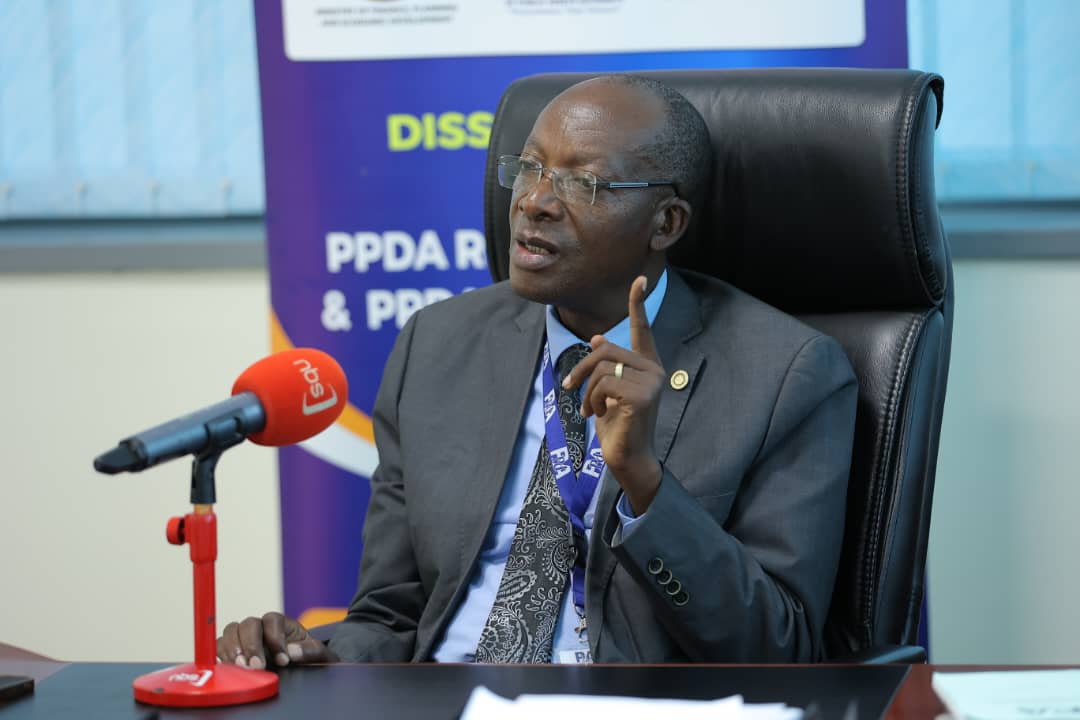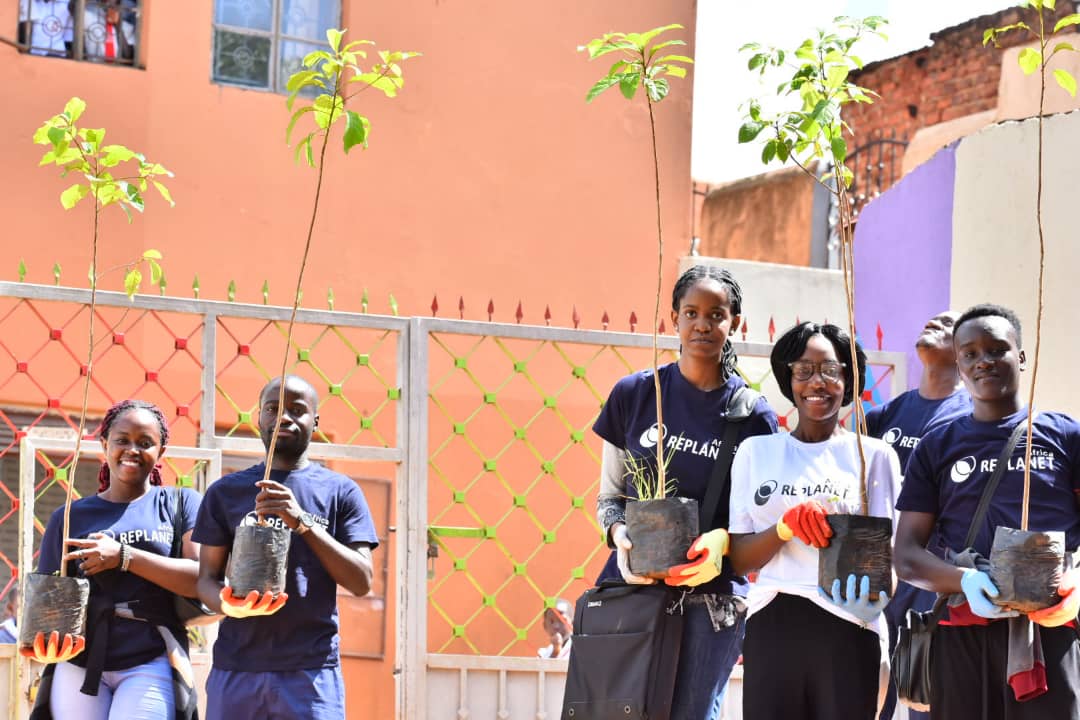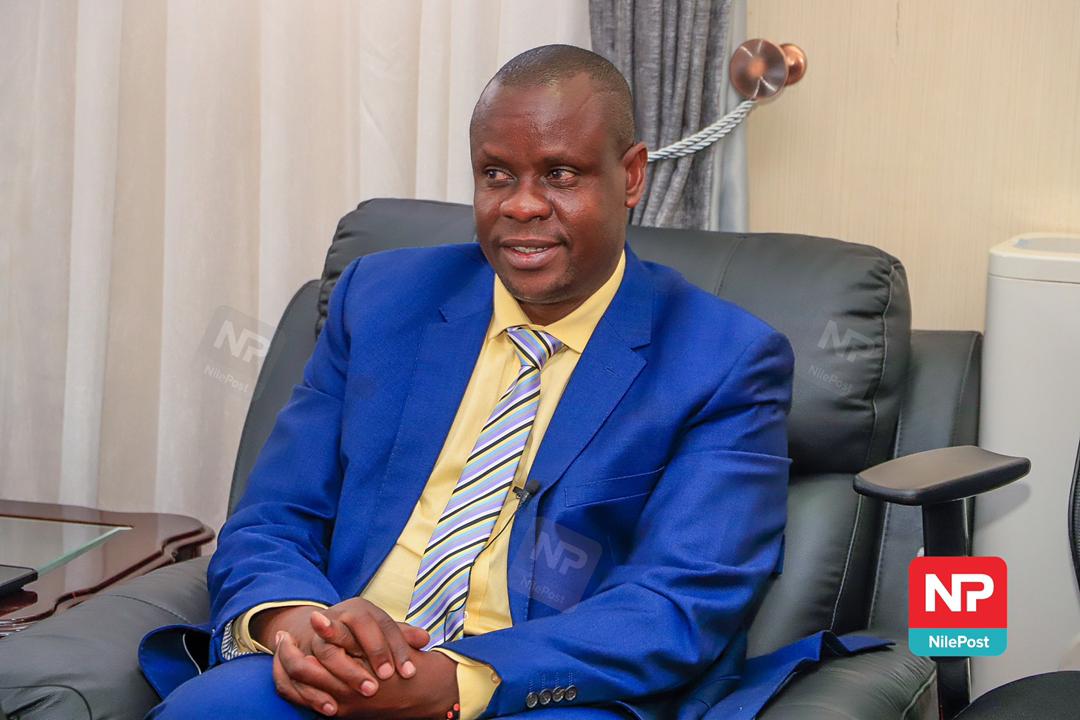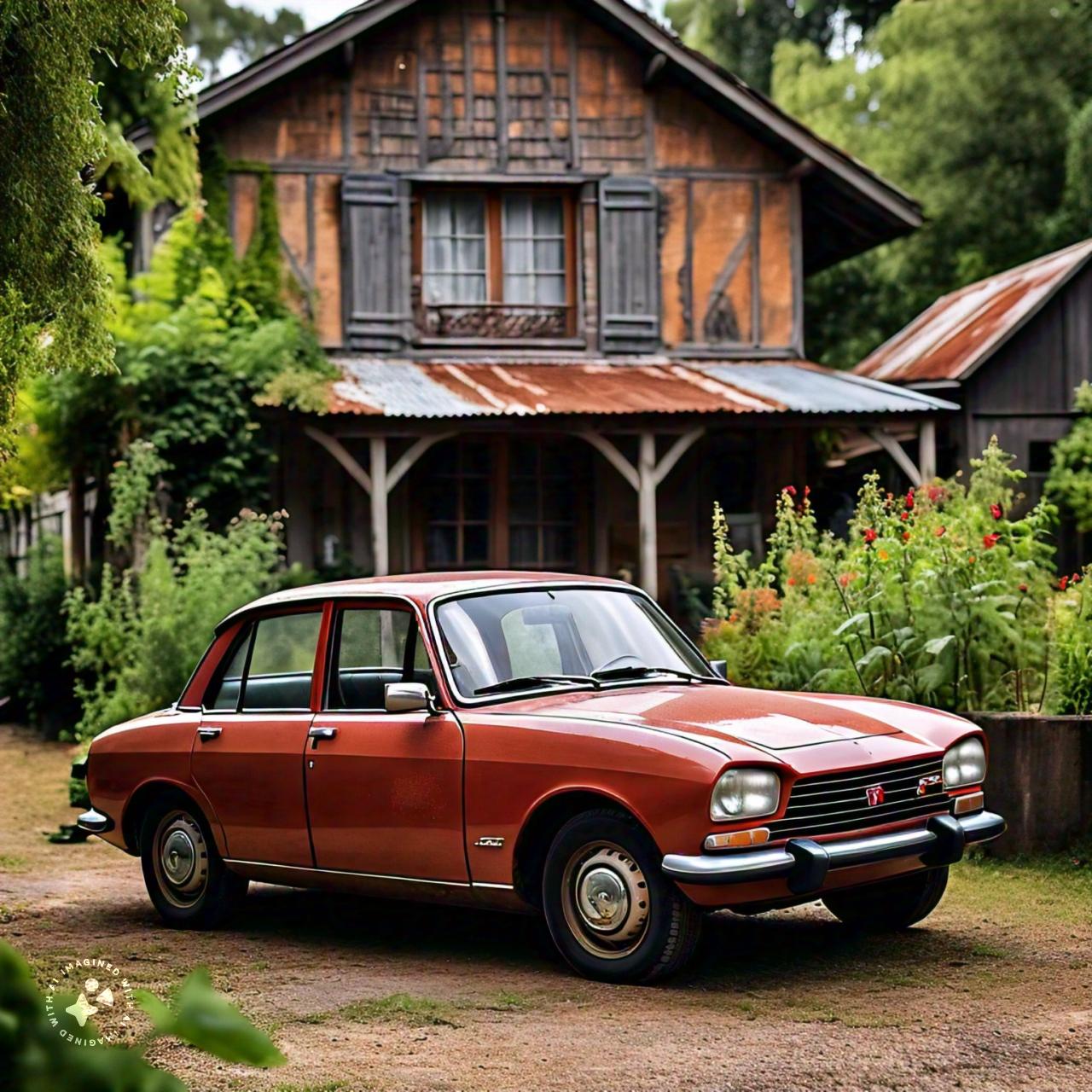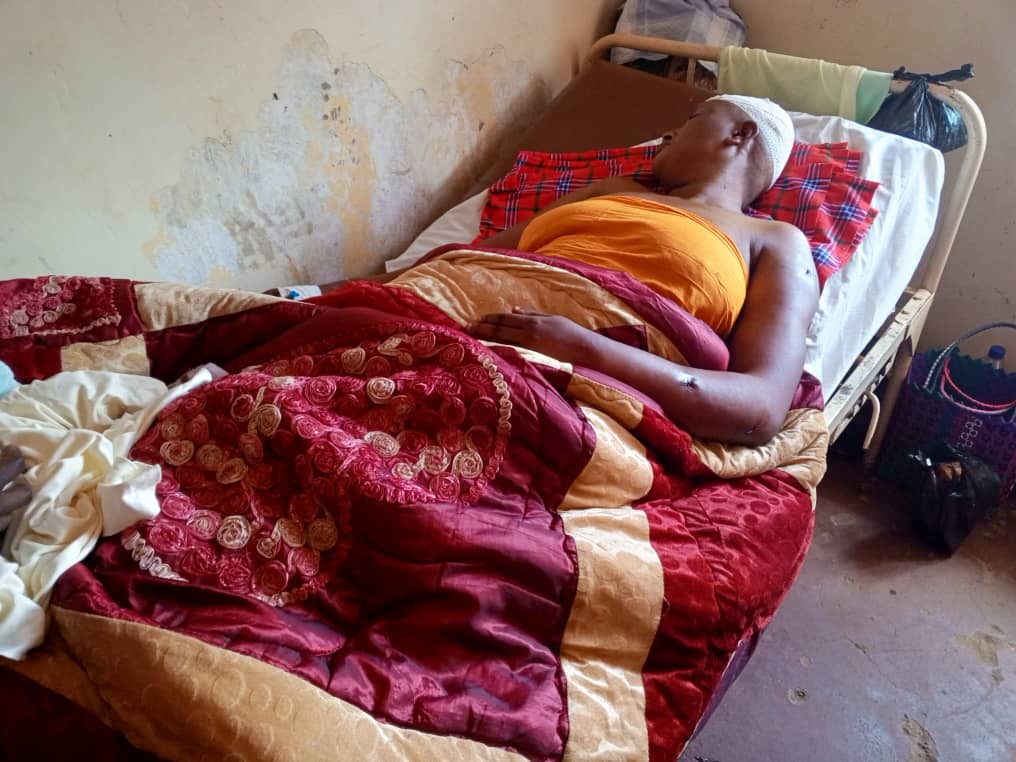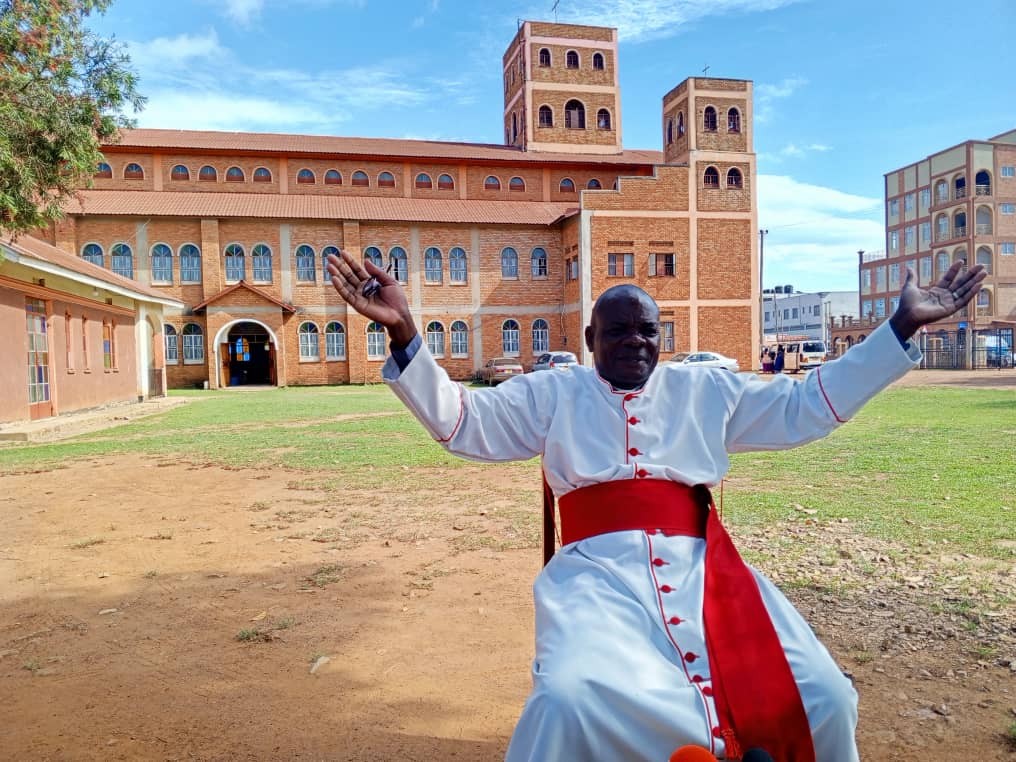S. Sudan says its 'had enough' of rebel leader as talks falter
South Sudan's information minister said Friday the country's rebel leader could not rejoin government, dealing a blow to hopes that the latest talks in Ethiopia might bring peace.
"We have had enough of Riek Machar," said Michael Makuei, referring to the rebel chief.
Keep Reading
"As the people of South Sudan, not the president alone, but as the people of South Sudan, we are saying enough is enough."
Hopes of a breakthrough towards ending South Sudan's civil war had been raised this week by Ethiopia's brokering of the first face-to-face meeting between Machar and President Salva Kiir on Wednesday.
It was followed by a gathering of regional heads of state on Thursday.
But the South Sudan government's position shows the personal enmity between the two men that lies at the heart of the four-year-old conflict is as strong as ever, despite the handshakes and smiles of recent days.
Makuei accused Machar of being a serial coup plotter who had no place in any transitional government.
"We don't want him politically," he said, adding that if Machar sought the presidency he should do so via the ballot.
"If he wants to be the president he should await elections," Makuei said.
Machar's SPLM-IO rebel group had also taken a hard position as the summit got underway Thursday, dismissing current peace efforts as "unrealistic".
Despite the fighting talk Kiir and Machar are expected to meet again on Monday in Sudan where President Omar al-Bashir has offered to host further talks.
A landlocked state with a large ethnic mix, South Sudan gained independence from Sudan in 2011 after a long and brutal war.
The event was hailed around the world and by celebrity supporters such as George Clooney.
But in 2013, Kiir accused Machar, his vice president, of plotting a coup against him, and violence erupted between the two factions, feeding on brooding ethnic tensions.
Tens of thousands of people have been killed and nearly a third of the 12 million population have been driven out of their homes, and many to the brink of starvation.





